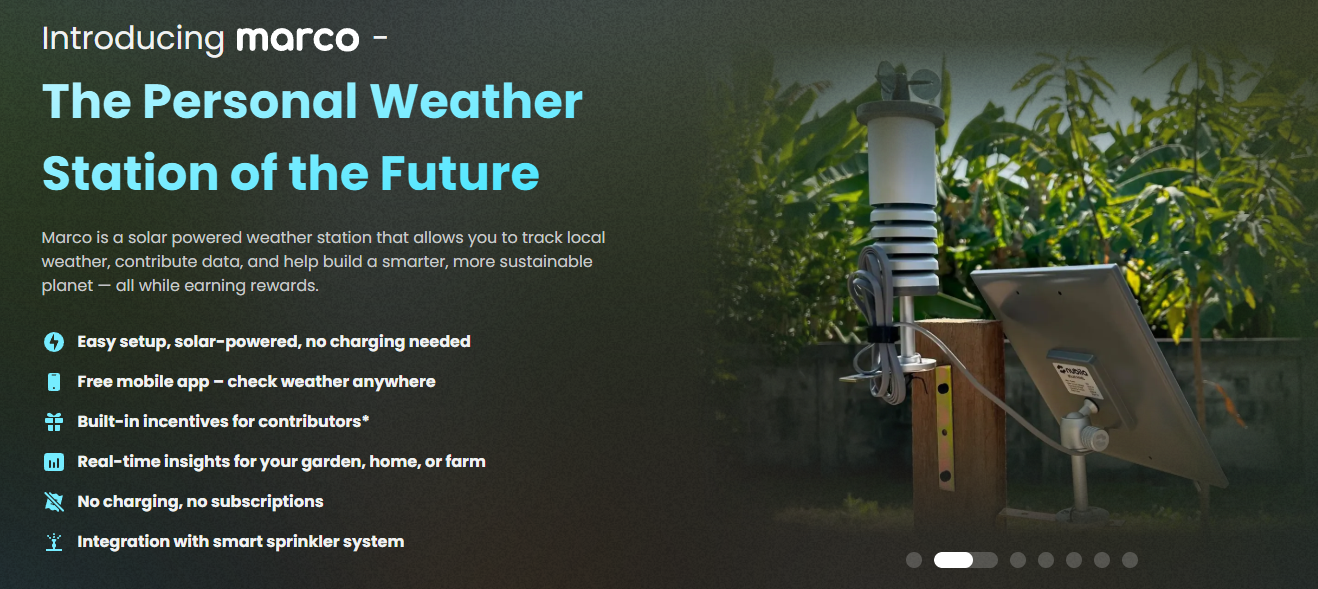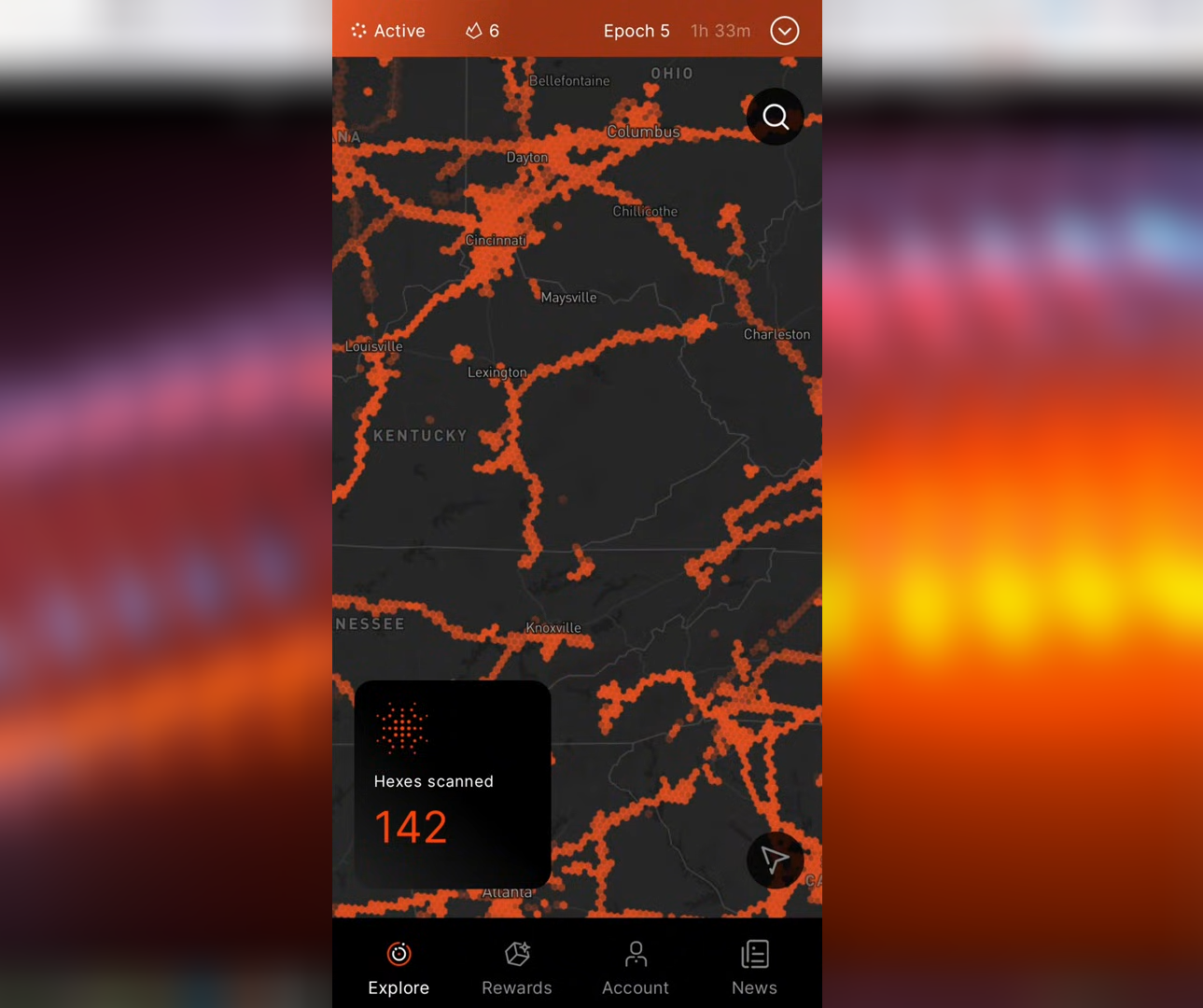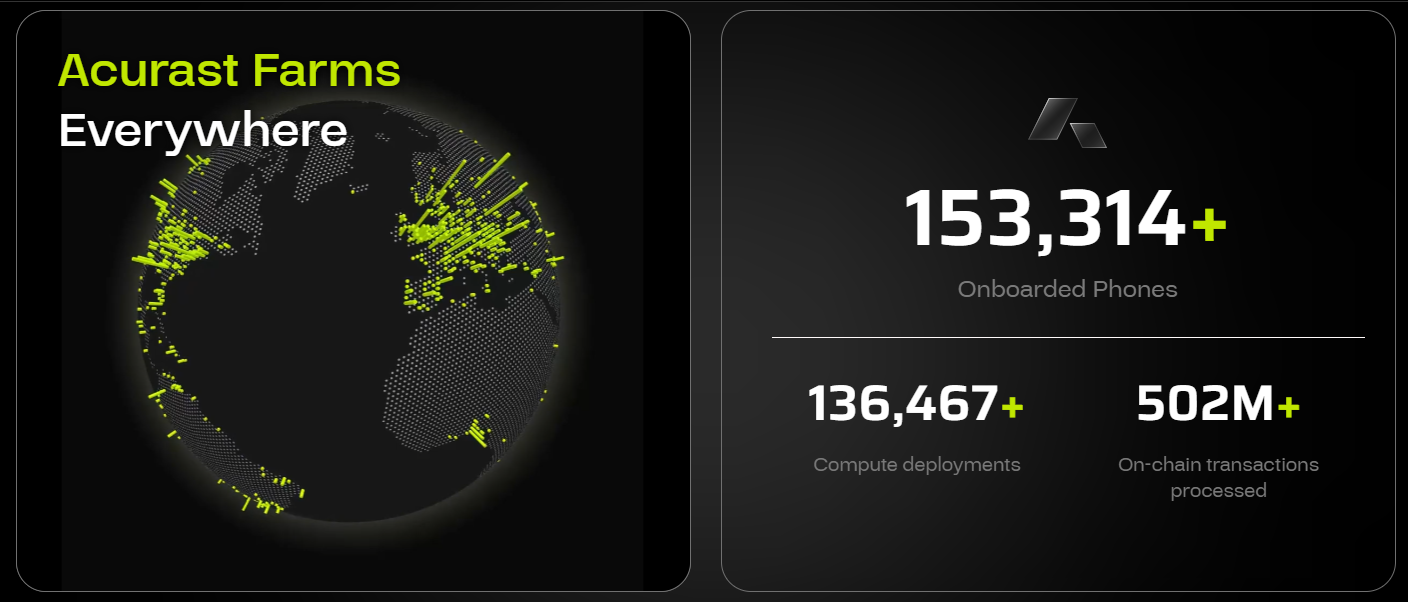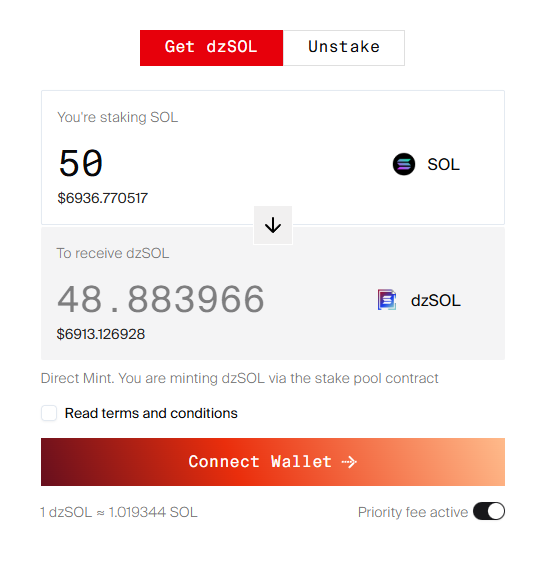8 DePIN Projects with Airdrops: How to Get Tokens and Ways to Participate
You will learn about 8 unique crypto airdrops in the DePIN space.
Introduction to Crypto Airdrops and DePIN
Different actions are required to receive crypto airdrops: running nodes, participating in testnets, providing capital, or simply being active on Discord and social media. You will learn about 8 projects, but let’s first recap what DePIN is.
What is DePIN?
DePIN stands for Decentralized Physical Infrastructure Network. In simple terms, DePIN is when people worldwide share their real-world assets (internet, hard drives, electricity) and receive cryptocurrency in return.1
Important Warning: All projects belong to the DePIN category - decentralized physical infrastructure networks that require resources from your computer, phone, or other devices to operate.
Some projects offer airdrops for free, but investments usually yield higher returns.
Project 1: Grass
Grass already has a token, but there are many rumors about future airdrops, as they have now split their reward system into two parts.
How to Earn with Grass
You earn Grass points for uptime, and you even get a multiplier for using a mobile device instead of just a PC node. There’s also a network points calculator that allows you to earn not just for uptime but for Grass actively using your bandwidth to process web requests.
Go to your Grass dashboard on a mobile or desktop device - it’s completely free. We have been participating in the project for a very long time and managed to participate in the very first airdrop. The token has already launched, but rumors about future airdrops persist, so keep an eye on updates.

Technical Aspects of Running
The beauty of many such projects is that they are Chrome extensions, and the number you can run is virtually unlimited; you can run many such DePIN protocols on one device. We have a dedicated computer running about 10 of these DePIN protocols across different browsers, and it doesn’t interfere with primary work.
Project 2: DePINed
Now let’s move on to DePINed. This is another project where you can start early pre-mining farming of points for an airdrop. It’s another Chrome extension, very simple to use and install, very similar to Grass in many ways.

The Essence of DePINed
It is connected to decentralized AI and allows you to share part of your bandwidth and infrastructure to perform certain tasks. So DePINed is quite straightforward. Just install the Chrome extension and you’re done.
Project 3: Nubila
The next project is Nubila, a decentralized weather oracle with a global network of weather stations. We have already installed our station, accumulating about 1.3 million points. An upcoming Token Generation Event (TGE) is expected.
Use Cases for Nubila
The main use cases are prediction markets and insurance. For example, in the US, insurers give discounts for installing devices that collect driving data. Local weather data is crucial for risk insurance and prediction markets with a volume of around $100 million.
Nubila’s Growth
The project recently raised $10.5 million in funding rounds and has significant potential.2:

Ways to Participate in Nubila
This is one of the few projects with mandatory hardware.
There are 2 paths: purchase a Macro device to accumulate points or run a cloud validator node. Nodes yield higher rewards leading up to the airdrop. There are fewer cloud nodes than physical devices (20,000+), but both grant tokens convertible after TGE. Setup can be done independently or via services like NodeOps.
Project 4: 375AI
The next project is 375AI. We have also been participating in it for a long time and are preparing for the airdrop. Project 375 AI (formerly known as Zeppelin) collects and analyzes real-world data, primarily on road traffic and human movement, via a decentralized network of devices and a mobile app. This data is transformed into meta-information using AI and sold to commercial clients.

TGE and Funding for 375AI
The project recently raised $10 million; they had an ICO round where the token was valued at approximately $7.5, and we expect the price to be higher after TGE. We highly recommend paying attention to it. Its beauty is that it’s completely free.
How to Participate in 375AI
You can run it on Android or iOS; it’s based on collecting local data and requires your presence in various locations.
You need to connect a Phantom wallet from the Solana network, switched to testnet mode. After connecting, the app runs in the background. It passively collects data on network signal strength as you move around (walking, driving, etc.).
Essentially, you need to cover areas not yet frequented by other users to earn rewards. The core idea is that the closer you are to the data source, the more valuable the data is.
Project 5: Acurast
The next project is Acurast. It is a decentralized computation network that utilizes the power of smartphones worldwide instead of traditional centralized data centers.
Scale and Capabilities of Acurast
It is completely free and works on iOS and Android. You can find many so-called Acurast phone farms online - just search for this term, and you’ll see many people dedicated to this protocol who will likely be generously rewarded after the airdrop.

Acurast has grown significantly: nearly 153,000 phones are already connected, all possessing some computational capability. It’s fascinating to observe such a phenomenon as smartphone mining. And the main thing is - it’s completely free. So if you’re running 375AI, you can run Acurast simultaneously on the same phone - it’s a win-win situation.
Project 6: Pipe Network
Pipe Network is a decentralized CDN (Content Delivery Network) that improves data delivery methods. The main focus is on bandwidth and sharing that bandwidth.
Setting Up Pipe Network
Setup and usage require a medium level of effort, but no hardware is needed. Essentially, you run a point of presence (pop node), route traffic through Pipe, and get rewarded for it. Knowledge of CMD and Linux terminal is required.

This project is a bit more complex, requiring slightly more involvement and steps to set up. We will prepare a guide for those who want to figure it out.
Project 7: DoubleZero
DoubleZero has technically already launched its token, but rumors persist about potential future distributions for active participants, as the project has grown significantly.
Staking in DoubleZero
One opportunity is staking DzSOL. You can stake it and receive DzSOL - DoubleZero’s liquid token, which yields rewards and promotes validator decentralization. Essentially, DoubleZero focuses on validator decentralization, specifically within the Solana ecosystem.

Participation and Prospects of DoubleZero
There are several ways to participate; the setup is also a bit more complex, but these are the basic principles post-token launch and potential future opportunities, including airdrops.
There are no guarantees of future airdrops, but many opportunities for potential future distributions exist within this DePIN protocol.
Project 8: Dawn
The next project is Dawn. Dawn is associated with hardware, but there is also a free version.
Dawn Hardware
The uniqueness is that when purchasing hardware (detailed as a blackbox), there are different sizes; a larger size is obviously significantly more expensive, but you also get points for the purchase. You can get up to 519,800 reward points by entering a referral code at checkout. So there are incentives and benefits to purchasing a hardware device. But obviously, not everyone has $2600 readily available.

Attention! The extension is no longer available on the Chrome Web Store - possibly due to fraudulent activity.
Dawn Free Version
The advantage is that there is also a free version: you can get the validator extension for Chrome and just run it. It’s very simple and, more importantly, free. However, note that the overwhelming majority of points will be awarded to those who actually invest capital.
Dawn Partners
Their partners include very impressive names: Pipe Network, Helium, and Archium. So Dawn has many opportunities.
Criticism and Risks
Expensive hardware (Nubila nodes, Dawn boxes) and the unknown token price and airdrop conditions until the TGE make DePIN investments high-risk.
Long-term sustainability is also questionable: decentrally collected data (weather, traffic) might be of low quality and lack commercial demand, devaluing the tokens after the incentive phase ends.
"MiningSoft" does not provide investment advice; the material is published for informational purposes only. Cryptocurrency is a volatile asset capable of causing financial losses.
